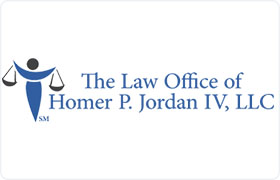Adairsville Divorce & Family Law Lawyer, Georgia
Sponsored Law Firm
-
 x
x

Click For More Info:
-
The Law Office of Homer P. Jordan IV, LLC
125 Townpark Drive Suite 300 Kennesaw, GA 30144» view mapDivorce & Family Law Legal Solutions for a Brighter Tomorrow
At The Law Office of Homer P. Jordan IV, LLC in Kennesaw, we are dedicated to helping clients throughout the Atlanta area, including Cobb, Cherokee and Paulding counties.
800-590-3350
Anthony Brent Erwin
Federal Trial Practice, Government, Family Law, Divorce & Family Law
Status: In Good Standing Licensed: 26 Years
Howard Giles Jones
Family Law, Criminal, Civil Rights, Business & Trade
Status: In Good Standing Licensed: 23 Years
Lorie Ann Moss
Equine, Family Law, Constitutional Law, Animal Bite
Status: In Good Standing Licensed: 32 Years
Elinor Huff Portivent
Family Law, Divorce & Family Law, Children's Rights, Civil & Human Rights
Status: In Good Standing Licensed: 18 Years
Donna Lynn Bearden
Tax, Traffic, Employment, Divorce & Family Law, Criminal
Status: In Good Standing Licensed: 34 Years
 Homer Jordan Kennesaw, GA
Homer Jordan Kennesaw, GA AboutThe Law Office of Homer P. Jordan IV, LLC
AboutThe Law Office of Homer P. Jordan IV, LLC Practice AreasExpertise
Practice AreasExpertise
